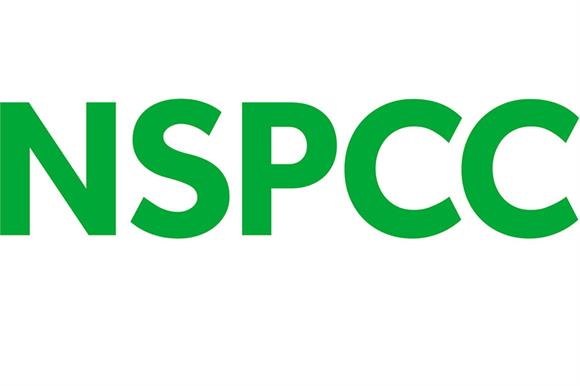NSPCC Cymru / Wales is putting a spotlight on internet safety as school holidays across Wales begin.
With schools breaking up for the long summer break parents are being warned about the dangers children face online.
It comes after online abuse and safety issues accounted for 1,544 calls to Wales’ two ChildLine bases in 2014/15, up from 1,111 in 2013/14.
And recent figures obtained by the NSPCC also show the internet was used as a gateway by offenders to commit nearly 300 sex crimes against children in Wales last year.
The NSPCC has a range of guidance to help keep parents updated about what children are doing online and how to talk to them about the risks of grooming, sexting, cyber bullying and sharing information about themselves.
The Net Aware parents’ guide, now available for the first time as a free app, lists 50 of the most popular social media sites, apps, and games that young people use – designed to help parents talk to their children about socialising safely online.
The guide, produced by the NSPCC in partnership with O2, aims to keep parents aware of the latest social media sites that children are using.
An NSPCC Cymru / Wales spokesman said: “In the long summer months, the online world can provide many benefits for children. It gives them instant access to a world of information, reduces boredom and provides a connection to friends and family.
“However, it is not without risks, and often parents can find it hard to keep track of what their children are doing online.
“With the reduction of the use of desktop computers and the use of portable devices like tablets and smart phones growing steadily, parents may not know what their children are exposed to because they can be in their bedrooms or out of the home.”
The NSPCC has the following tips to help parents start the conversation about online safety:
- Have the conversation early and often – start talking to your children at an early age and keep talking as they get older and technology changes. Little and often is key, don’t try and cover too much at once.
- Explore sites and apps together – this will give you a much better idea of what they are looking at and enable you to encourage and support them.
- Know who your child is talking to online – there, children often don’t see online people as strangers, but as online friends. Make sure you know who they are friends with online, and explain that it’s easy for people to lie about themselves.
- Set some boundaries – set some rules, including when and where they can go online, what websites they can visit and how they share images.
- Make sure the content is age appropriate – ensure your child is using sites right for their ages, and don’t feel pressured into signing up to websites they are too young for. The age limits are there for a reason.
- Use parental controls – Set up parental controls to stop children from seeing unsuitable or harmful content online.
- Check they know how to use privacy settings and reporting tools – check the privacy settings on accounts like Facebook, and remind children to keep any personal information safe and what to do if they see anything that upsets them.

| [donate]
| Help keep news FREE for our readersSupporting your local community newspaper/online news outlet is crucial now more than ever. If you believe in independent journalism,then consider making a valuable contribution by making a one-time or monthly donation. We operate in rural areas where providing unbiased news can be challenging. |



















